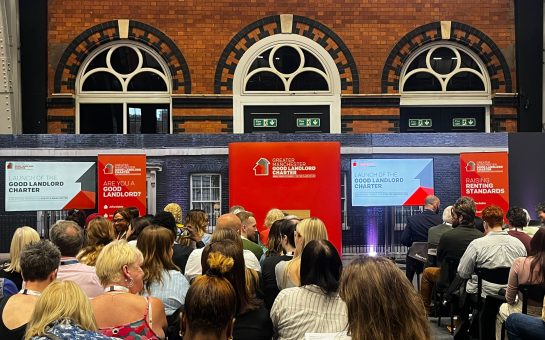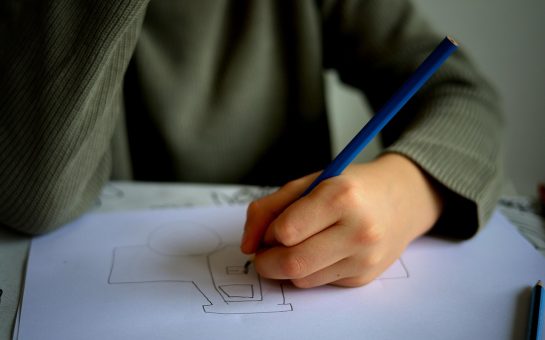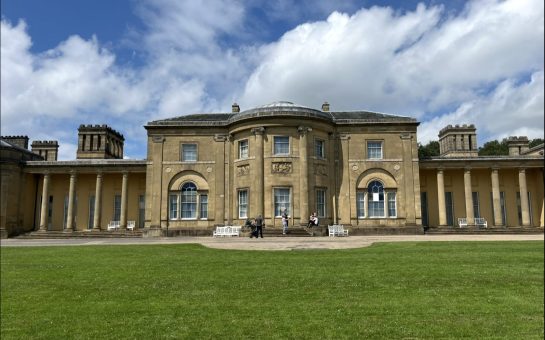In the wake of presidential candidate Donald Trump’s comments regarding the banning of Muslims from entering the USA, the issue of how refugees and Muslims are portrayed in the media is more pressing than ever.
The aftermath of the Paris attacks last month warped even further the discussion surrounding the crises that Europe is facing.
Contrasting images fill the media and newspapers, from the devastating images of desperate families seeking refuge, to those of apparent ‘benefits tourists’ and ‘terrorists’.
However, the story this week of Ali Al Sahau, who lost his wife and seven children while attempting to cross the Aegean Sea reminds us that there is a real human cost to this crisis and one which should not be forgotten.
MM spoke to Dr Jamie Johnson, lecturer in International Politics and Human Rights from the University of Manchester, about the ‘refugee crisis’ in Europe and its portrayal in the media.
He said: “It’s interesting, that you use the term ‘refugee crisis’ rather than the more commonly used ‘migrant crisis’.
“There is, I think, an important distinction between these two. Indeed, more generally, I find the language of a ‘migrant crisis’ troubling and unhelpful.
“Firstly, the use of the word ‘crisis’ suggests that the phenomenon of individuals dying attempting to cross into Europe is somehow novel and unprecedented.
“While the scale is undeniably greater, sadly these stories are not.
“While many have celebrated the emergence of a ‘borderless Europe’ within the Schengen Zone… what we have actually seen here is an externalisation of these borders to the frontiers of Europe.”
Another issue that concerns Dr Johnson, is that the word ‘migrant’ is often used by newspapers and politicians as interchangeable with ‘refugee’, altering the way in which the issue is viewed and discussed.
He told MM: “Significant elements of media coverage have for years associated the word ‘migrant’ with notions of undesirable and potentially dangerous individuals who are looking to enter the United Kingdom.
“The view is that they either, or often both, transform the cultural fabric of the United Kingdom by failing to integrate and assimilate into British society or take advantage of what is often described as overly-generous welfare system.
“The notion of a ‘migrant crisis’ in some ways resonates with these ideas and reduces the plight of these individuals who have decided to make the exceptionally dangerous journey into Europe by land or by sea.
“The idea that they could have chosen otherwise, as the notion of ‘migrant’ is often bound up with some notion of choice, is potentially dangerous here.
“At the forefront of our minds here should be Warsan Shire’s poem Home in which she writes: ‘you have to understand, no one puts their children in a boat unless the water is safer than the land’.
“Rather than focusing on how individuals might have chosen to do otherwise, or working on reducing ‘pull factors’ in order to nudge individuals into avoiding making this decision, perhaps the best thing to do is to try and imagine in all its immediacy and horror, how someone would feel that the safest and more desirable route is to attempt to make such a journey.”
When the two words are combined another issue presents itself, as it alters the way in which the public and politicians alike engage with the question; who is experiencing the crisis?
He said: “Is the crisis that there are millions of displaced persons experiencing radical insecurity in order to flee conflict in their homeland? Or, is it that these individuals are fleeing into Europe?
“One framing of this crisis has at its core the plight of the displaced person, the other focuses upon the impact on the societies that are receiving them.
“My concern is that the media coverage often seems to focus more upon the latter when in my opinion, if we are to use the language of a ‘crisis’, our focus should be overwhelmingly on the former.
“Indeed, if we are to act as a tolerant and hospitable country that offers sanctuary to those fleeing violence then significant elements of our media coverage is letting us down.”
Image courtesy of Mstyslav Chernov, via Wikipedia, with thanks



